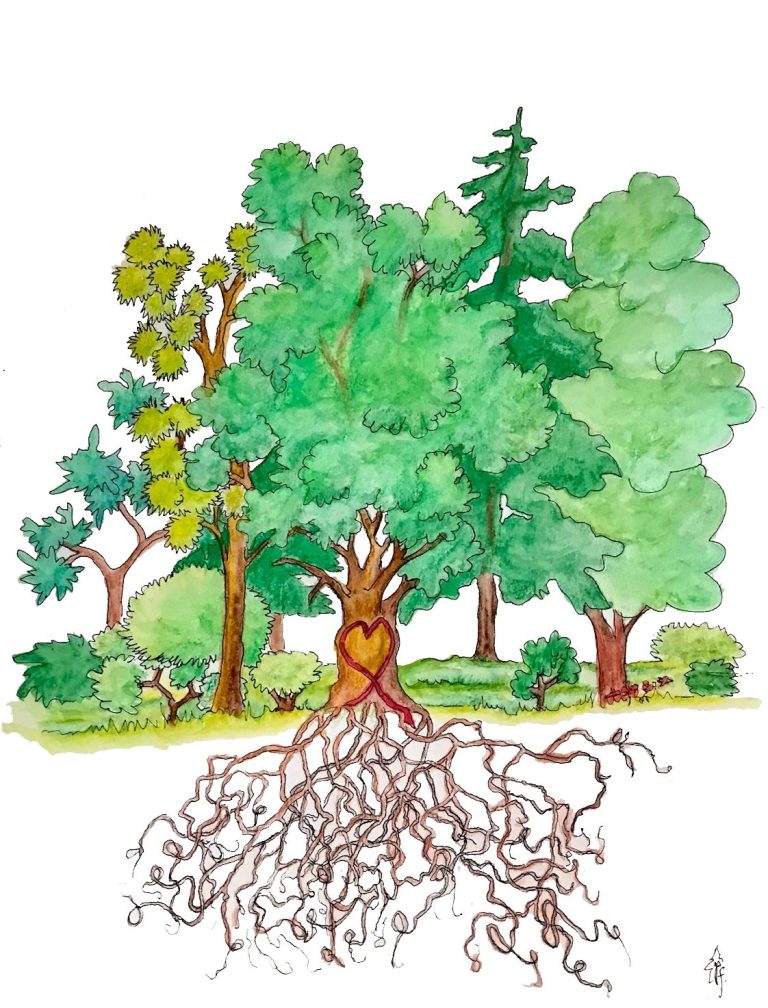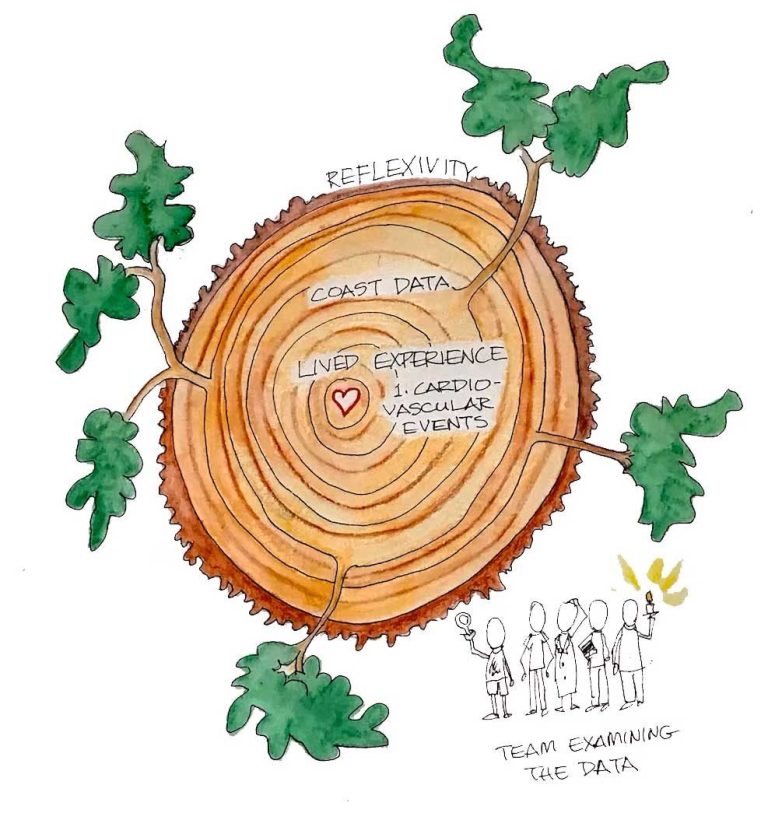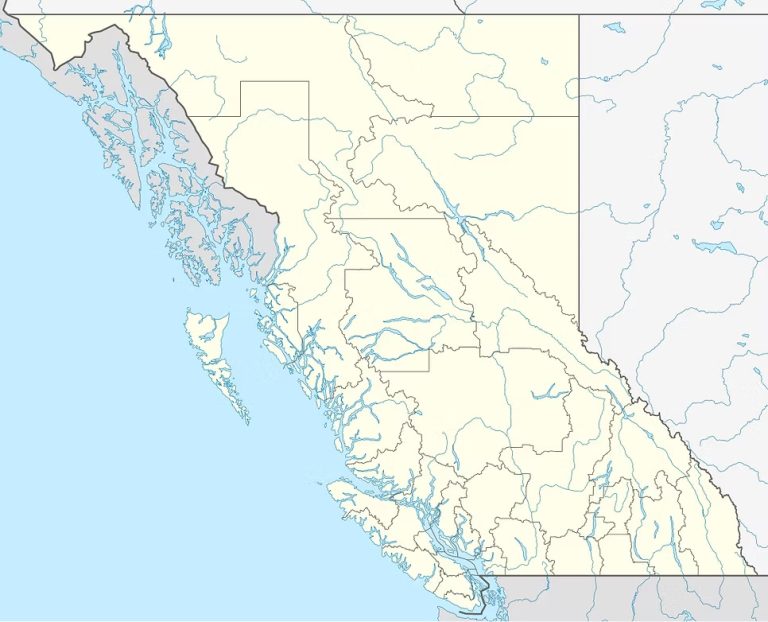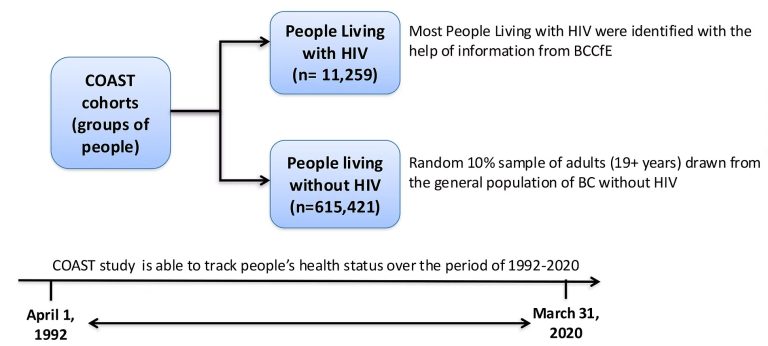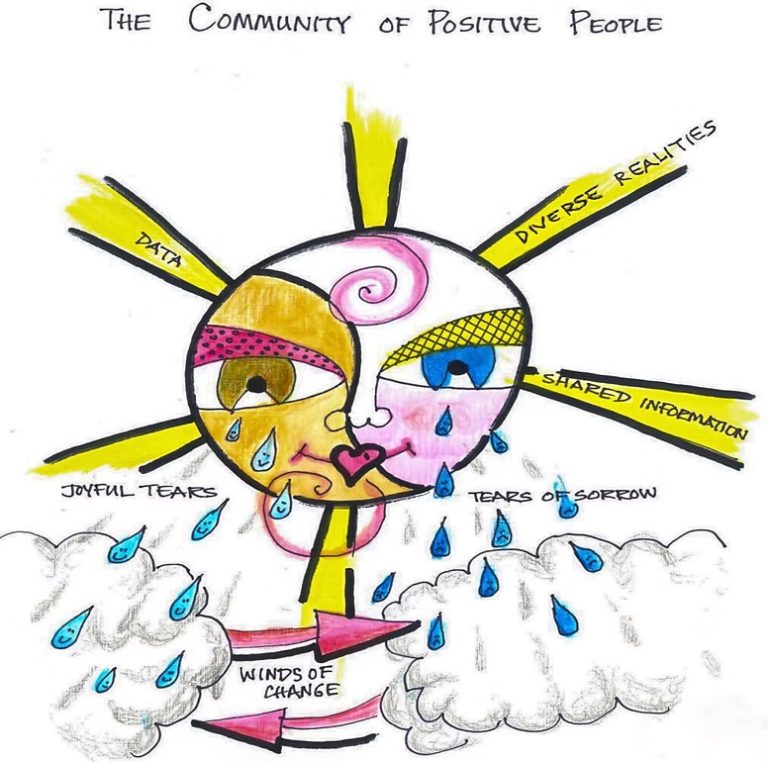HIV and Eng/aging
Welcome! Thank you for your interest in our HIV and Eng/aging: A community-led project using administrative health data! Explore our community-led HIV research and discover more about our work!
We walk alongside the brave pioneers and advocates who have died from complications of HIV and faced stigma, discrimination, shame, and fear. We are grounded in this work because of the solid foundation laid by the fallen. As peers, we use our collective voices to strengthen the knowledge we discover and disseminate. As researchers, we all work together to understand how to ignite changes. Our shared goal is to improve the lives of People Living with HIV.
Land Acknowledgement
We respectfully acknowledge that the HIV and Eng/aging team’s work is carried out on the unceded (stolen) Ancestral Lands and Waters of the COAST Salish peoples; the Sḵwx̱wú7mesh Úxwumixw (Squamish), səlilwətaɬ (Tsleil-Waututh), xʷməθkʷəy̓əm (Musqueam), q̓íc̓əy̓ (Katzie), kʷikʷəƛ̓əm (Kwikwetlem), Semiahmoo, Tsawwassen, Shíshálh (Sechelt), Lək̓ʷəŋən (Songhees and Xʷsepsəm/Esquimalt), and W̱SÁNEĆ Peoples.
HIV and Eng/aging research is within the boundaries of what is now called British Columbia and we honour and acknowledge all Traditional Ancestral Lands and Waters.
Website concept, design, and development by Natasha Enquist, Research Assistant at the University of Victoria, whose contributions and collaboration with the HIV and Eng/aging Study team supported the creation and implementation of the study’s website.
Trees symbolize strength and solidarity. Growing together in a forest, each tree rooted in the earth and reaching for the stars, yet connected to each other in many ways. They shelter one another. They nourish those that need extra care, and they stand together in harsh weather. The trees age beautifully – sharing wisdom and knowing each rumple and wrinkle is a badge of perseverance. The HIV and Eng/aging team work together like trees in a diverse stand of trees.
STUDIES MENU
About HIV and Eng/aging:
A community-led project using administrative health data
The HIV and Eng/aging Project entails community-led research that uses administrative health data to examine the recurrence of cardiovascular events among People Living with HIV compared to people living without HIV in British Columbia (BC), Canada.
Our team is an innovative collaboration of older adults living with HIV (peer researchers), epidemiologists, data scientists, social scientists, and HIV clinicians.
Why is community engagement important to administrative health data research?
Citizen science—active participation in collecting, analyzing, and sharing data by lay people with lived and living experience—has been pivotal in the history of HIV research, and has promoted community-based participatory research (CBPR) in health research more broadly.
A recent trend toward administrative data in HIV research has largely excluded community engagement. Long-established values and principles of citizen science/CBPR have not yet reached into administrative data research.
Our goal is to ensure the historical contributions of HIV citizen scientists are not diminished via the realm of administrative data.
With gratitude to Joe Average (Sunrise: October 10, 1957. Sunset: December 24, 2024.) for letting us reproduce this image for this project. Joe felt that more research on aging and HIV is greatly needed. https://www.joeaverage.ca/
Guiding Frameworks
A participatory approach whereby research projects are driven by the priorities and interests of community (people with lived/living experience). All aspects of the research are led by community, from creation of the research questions to knowledge mobilization.
*While administrative data research prevents community members (and all researchers) from collecting data themselves, as it is data routinely collected for non-research purposes, our project is community-led in all ways possible within this kind of research.
MIPA is a principal that stresses the meaningful (not tokenistic) involvement of People Living with HIV in the decision-making processes that affect their lives, in terms of research, services, funding, and policies. Since the beginning of the HIV epidemic, the MIPA movement has been crucial to the development of policies and practices grounded in the principles of social justice.
The identification of beliefs, practices, and norms that restrict human freedom and justice. Critical theory research aims to understand and transform historical and structural conditions that privilege some, while disadvantaging or oppressing others.
In health research, critical theory holds that health and health policy are a reflection of social inequality. Critical health research seeks change for improved health for all.
This perspective in the field of science studies acknowledges the legitimacy of empirical data collection, and processes of experimentation and evaluation of evidence, while also recognizing that the processes through which science is made are social—there are on-the-ground, real-world circumstances shaping the ways data is created, interpreted, and applied.
Strengths-based approaches look to the strengths of individuals and communities, highlighting how these can shape health, wellness, and address health disparities. Strengths-based approaches work to reframe dominant “deficit-based” approaches in health research and healthcare that have focused on poor health outcomes, predictors of disease, and peoples’ so-called “deficits.”
Scope
Why use COAST?
Objectives
The project’s objectives fall under two nested research elements:
Community-led research on recurrent cardiovascular events among People Living with HIV.
Research objectives:
- Explore the incidence of index (first) and recurrent cardiovascular events among people living with and without HIV and compare recurrence-free survival rates between these groups.
- Assess whether engagement with primary care providers is associated with rates of recurrence-free survival between people living with and without HIV
- Assess whether antiretroviral therapy is associated with recurrence-free survival rates among people living with HIV.
Impact goal:
Help create better healthcare for People Living with HIV and people who are at risk of, or who have had, cardiovascular disease by producing information and knowledge translation (KT) tools for healthcare providers and communities.
Incidence rate:
The rate of new cases or events over a specified period for the population at risk for the event. In our case, the rate of new cardiovascular events (first and second events) from 1992 - 2020 for People Living with HIV and people living without HIV.
Recurrence-free survival: In our case:
The length of time after a first or second cardiovascular event that the person survives without another cardiovascular event.
- While “disease-free survival” is a common clinical term, cardiovascular disease cannot be cured, so we focus on “recurrence-free” survival.
- Strength-based notion. Instead of framing our work around mortality, we frame it around survival.
Critical reflexive analysis of the collaborative research process or “Gathering Wisdom”
Research objectives:
- Explore how to authentically engage people with lived/living experience in administrative health research
- Explore the potential and challenges of community-led administrative health data research

